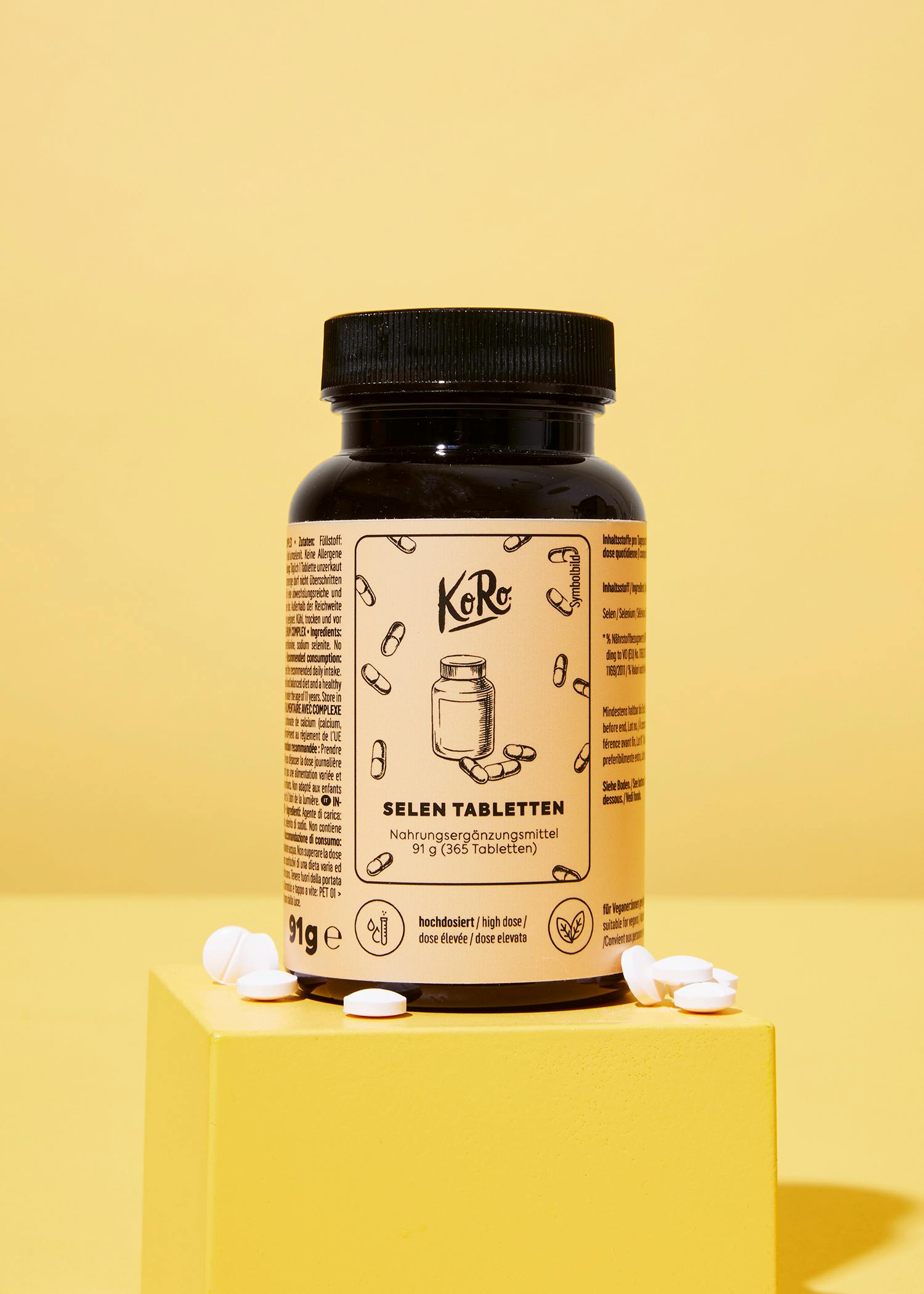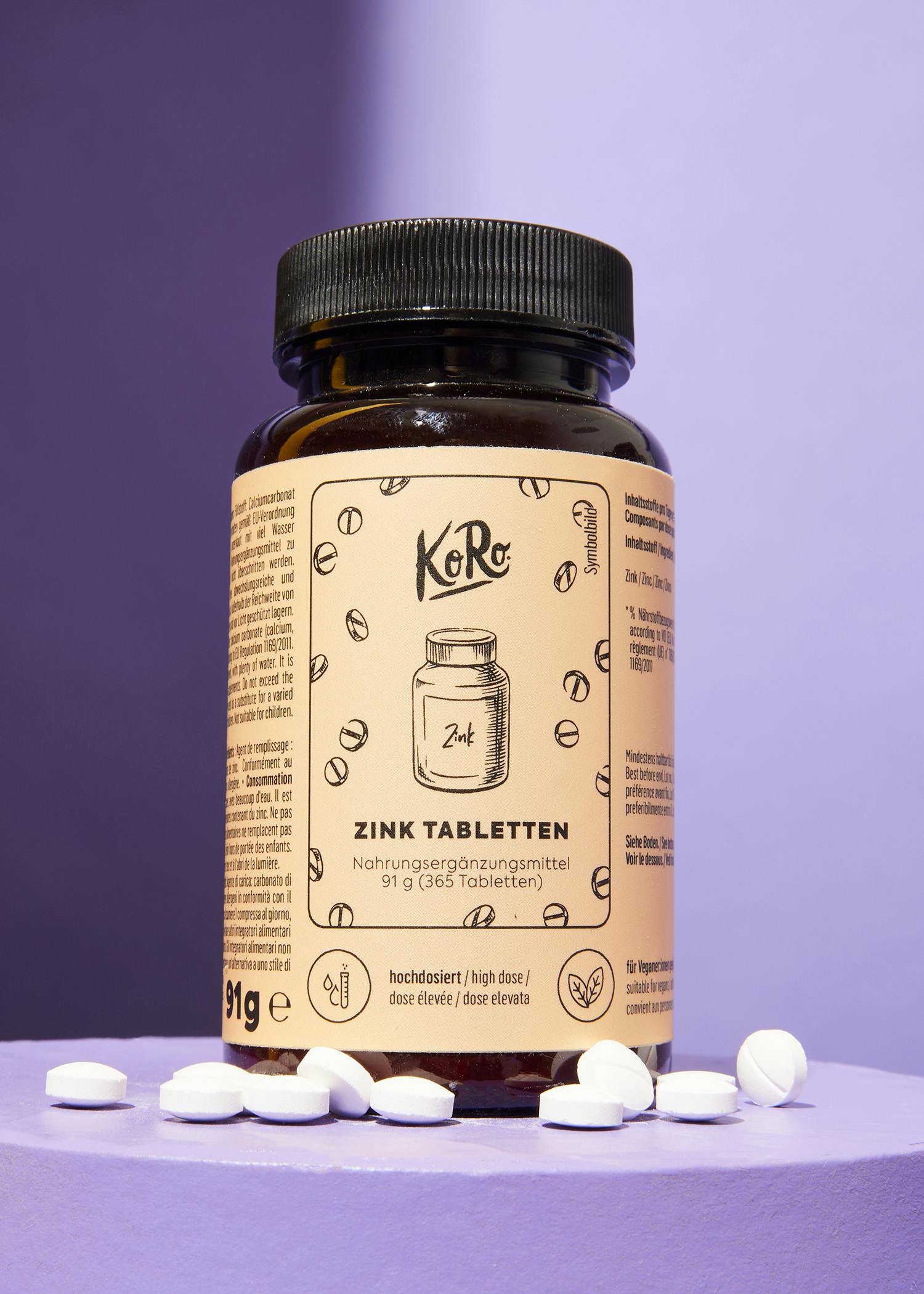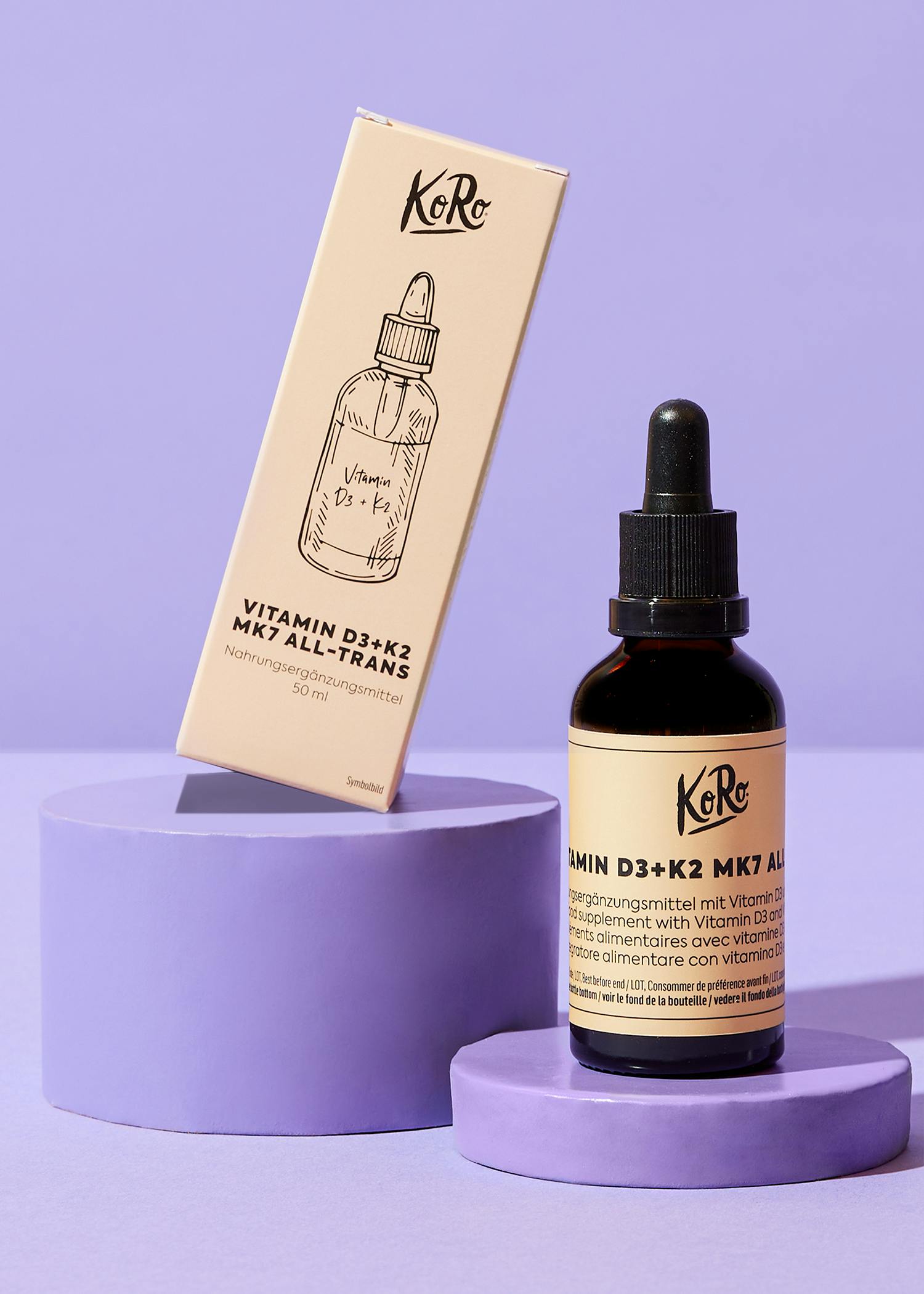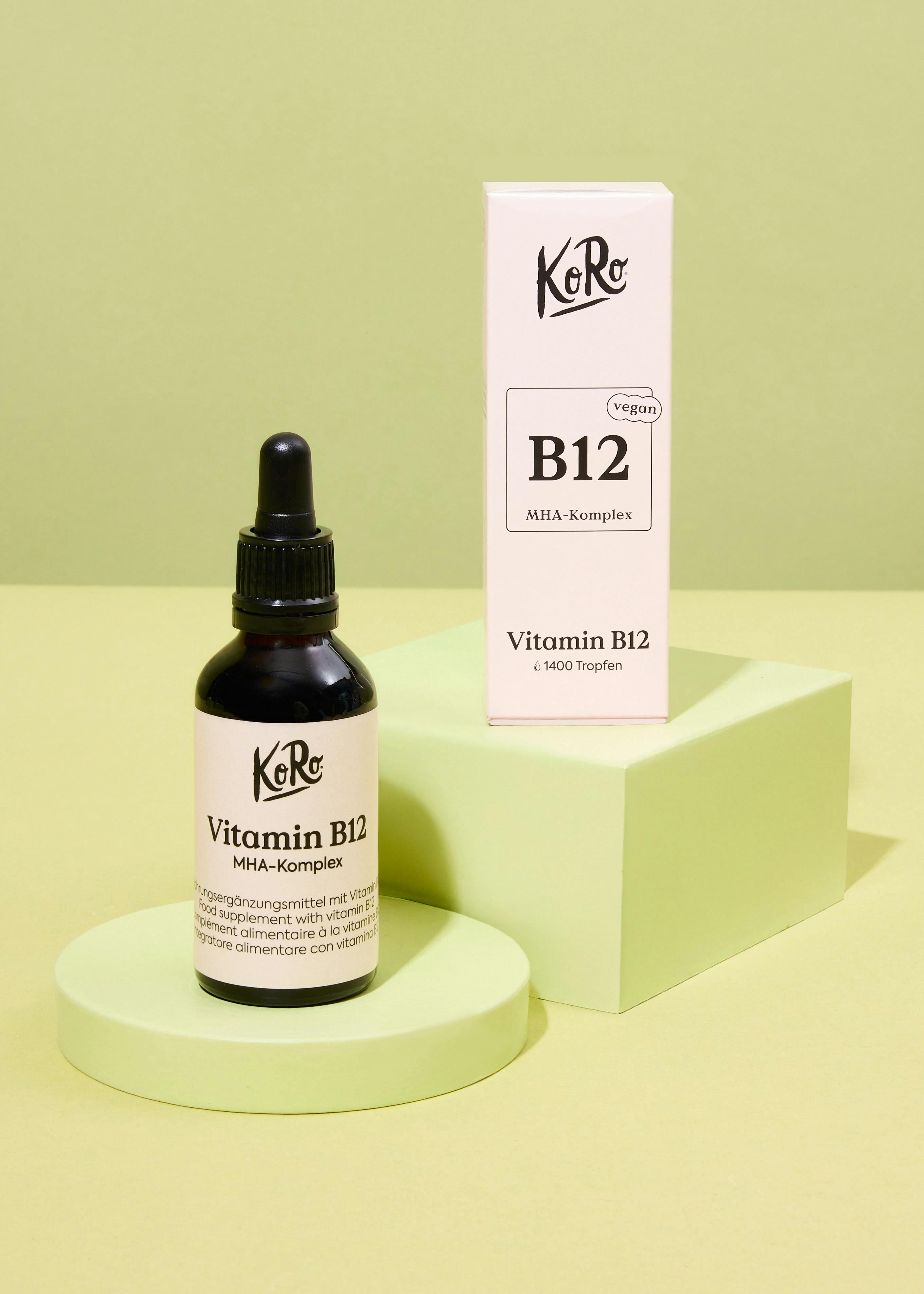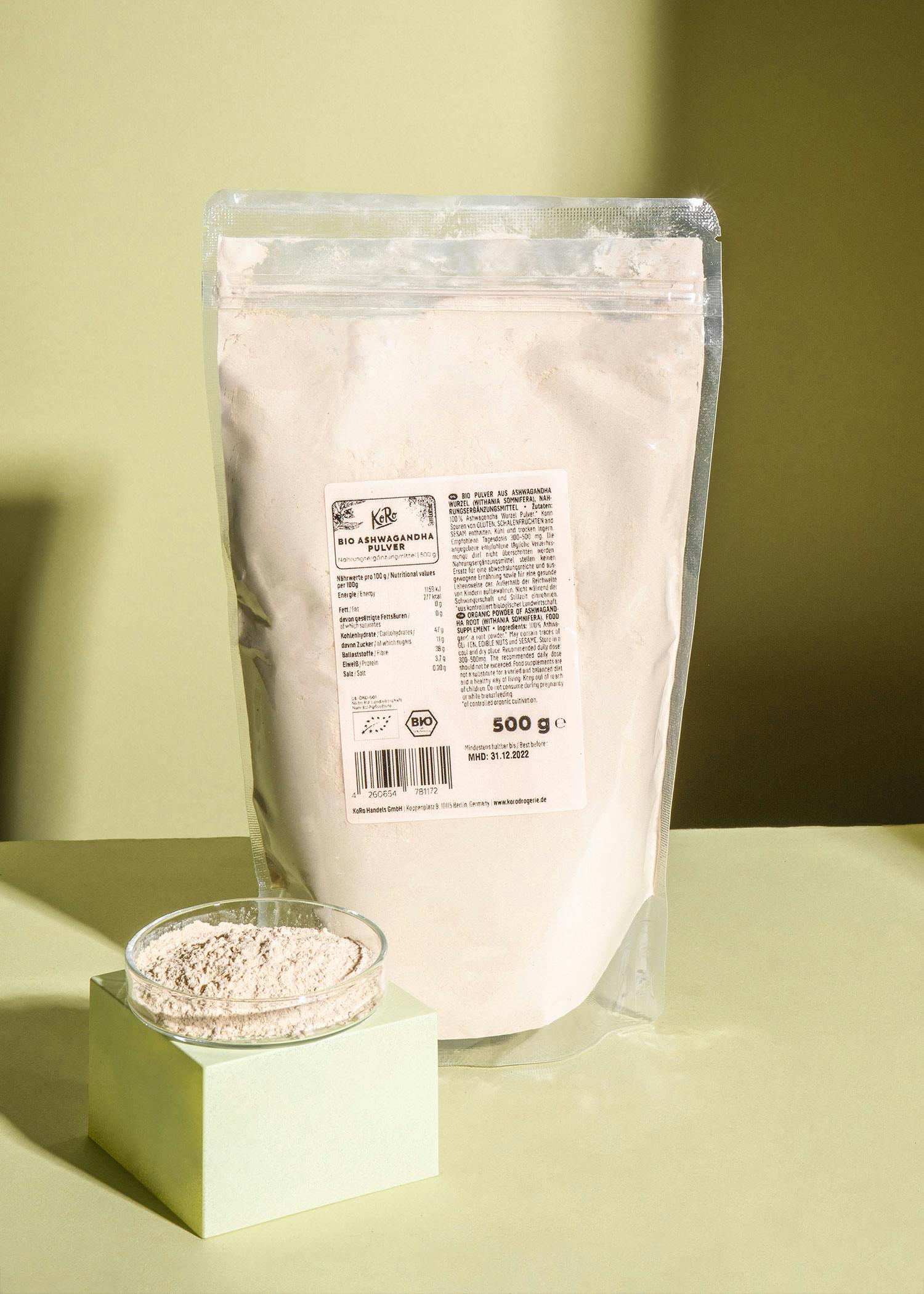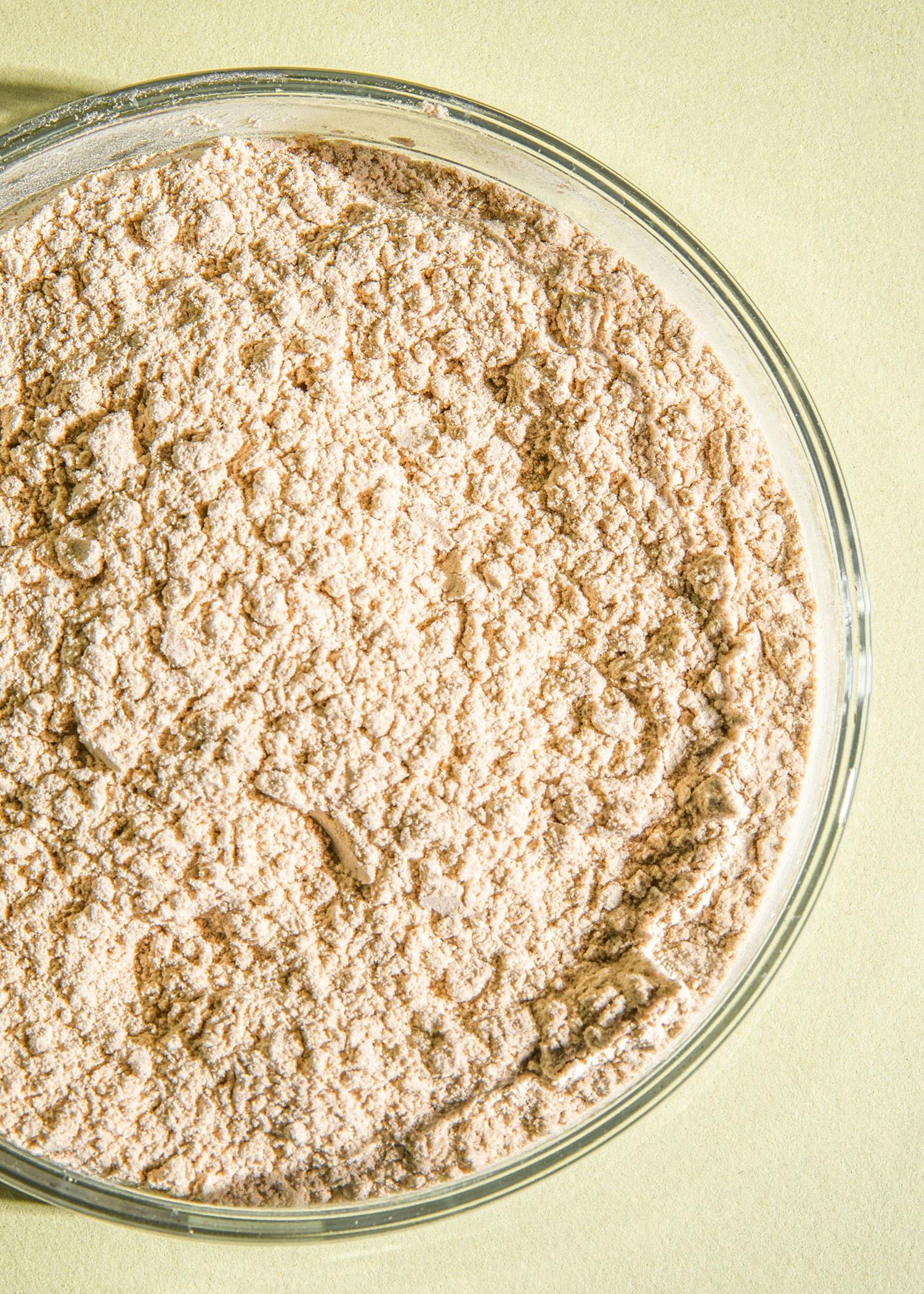If you eat a balanced and varied diet and have no physical complaints, you generally do not need dietary supplements. However, it can sometimes happen that the body lacks important substances due to a certain diet, illness or changed life circumstances. In this case, it can be useful to provide these via a preparation.
What counts as a dietary supplement?
In principle, almost any substance that your body needs can also be consumed "pure" in the form of supplements. According to the NemV, food supplements are - as the name suggests - foods that are intended to supplement the general diet.
The regulations cover the following nutrients:
- Vitamins: A, D, E, K, B1, B2, niacin, pantothenic acid, B6, folic acid, B12, biotin and C
- Minerals: calcium, magnesium, iron, copper, iodine, zinc, manganese, sodium, potassium, selenium, chromium, molybdenum, fluorine, chlorine, phosphorus, boron and silicon

What should you look out for when choosing and taking supplements?
Don't just start taking food supplements without thinking. If you have the feeling that your body is suffering from a nutrient deficiency, it is best to talk to your doctor. Not only a deficiency, but also a long-term oversupply can be problematic!
It is also important that the products only contain the substances you want to take. There are often effervescent tablets or powders, e.g. for zinc or magnesium deficiency, which contain a wealth of other unnecessary substances. The form of the nutrient you want to replace is also relevant. Pay attention to whether it can be absorbed by your body or whether it needs to be mixed with liquid, for example. Some substances, such as vitamin D, are also fat-soluble. If you simply consume them without any other source of fat, the effect is zero. When dosing, you should also always follow the manufacturer's instructions or your doctor's advice.


